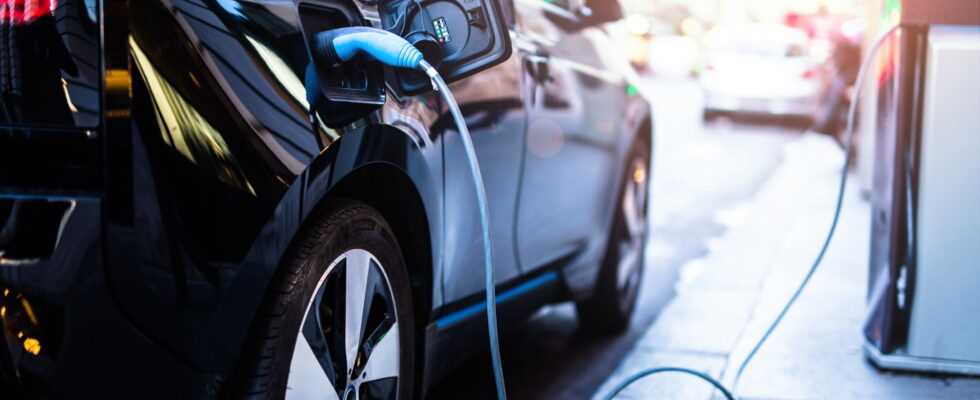During his first speech as a presidential candidate for 2022, Emmanuel Macron proposed to set up a leasing system for electric cars
with state support. At least if he is re-elected.
The objective would be to allow less well-off workers, who have to use their car to go to work, to obtain an electric vehicle without an initial contribution.
A leasing system for electric cars
Allowing the mass adoption of electric cars is one of Emmanuel Macron’s major proposals. Asked Monday evening on TF1 about purchasing power and energy, the presidential candidate again pleaded for the acceleration of the transition to cleaner cars. ” I prefer to accompany our compatriots to help them buy vehicles that consume less fuel rather than continuing to pay part of their full tank of gas “, did he declare.
Its objective: to allow as many people as possible to have access to electric cars by ensuring that their purchase cost is ” much lower and accessible for the middle classes “Explained the candidate president during an exchange in Poissy on Monday. Remarks that he again supported this Thursday, March 17, during his first major campaign speech in Aubervilliers, by proposing to ” set up leasing mechanisms to support the most modest households to enable the transition of their vehicles “.
Two plans considered
The campaign team is nevertheless stingy with details, but this long-term device should target workers with low resources and who are forced to use their car to go to work, for lack of public transport. Conditions of resources and mileage from the place of work would be considered. As reported The echoesthe objective would be to have access to an electric car with no initial contribution, or with a symbolic euro, all for a monthly price lower than their current fuel costs, including charging costs.
Then the state comes into play with two possible schemes. Either, as today, the leasing contract is signed with the builder and the State guarantees the monthly payment, or subsidizes it according to the worker’s income; or the contract is signed with the State, which would own the vehicle after group purchases at prices negotiated with the manufacturers. And this is where the main difficulty lies today: the ability of manufacturers to produce electric vehicles in large quantities despite shortages of components and raw materials. A situation which, inevitably, gives less desire to manufacturers to enter into such large-scale contracts with the State.
Source: The echoes

69